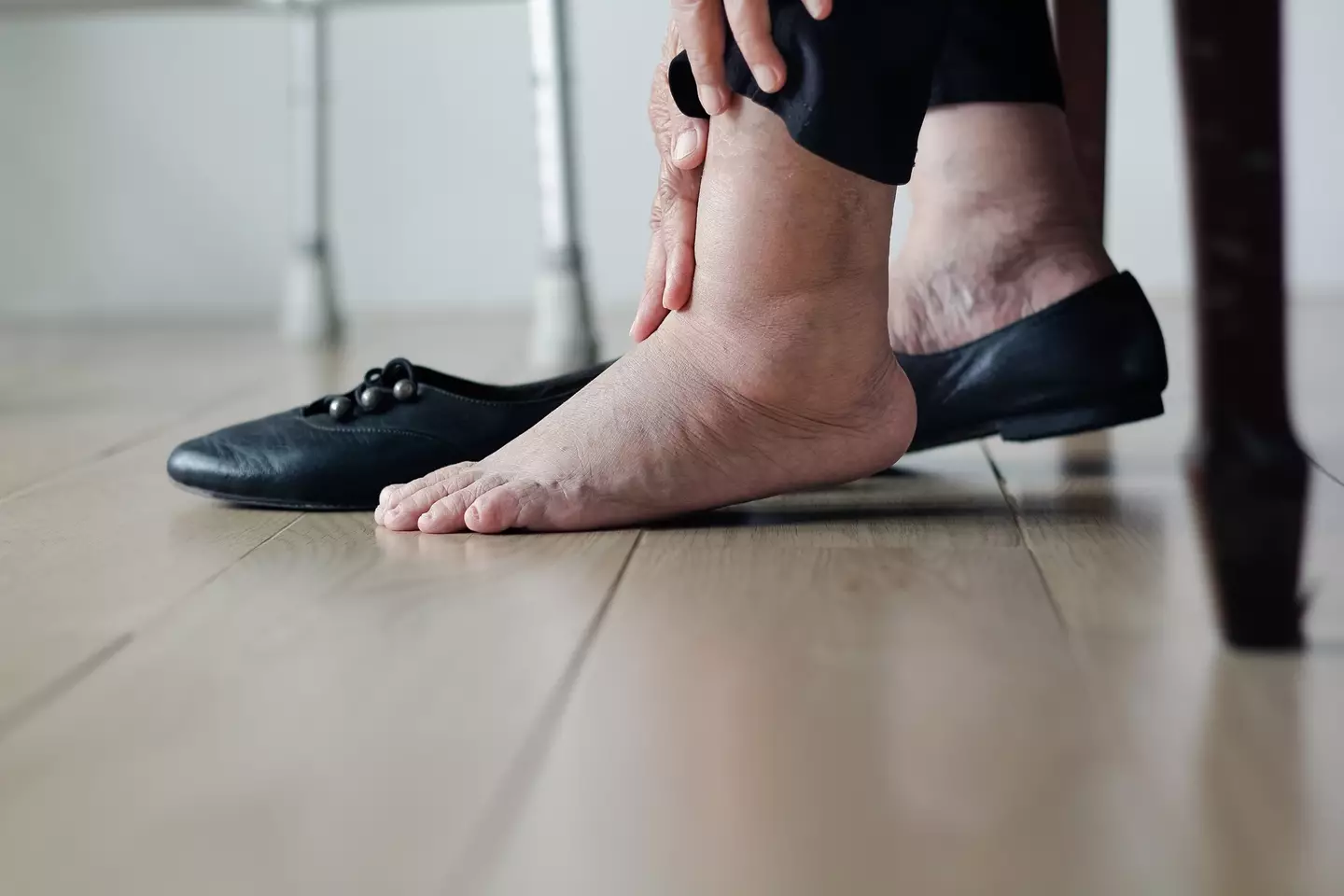Our bodies often signal potential health issues well before a serious event occurs, but it’s crucial to recognize these signs. In today’s fast-paced world, people often overlook minor aches and pains, not realizing that some of these symptoms could indicate more severe underlying conditions.
Rema Malik, MD, a Vascular Surgeon at Gulf Coast Vascular, highlights some seemingly minor symptoms that can be warning signs of significant health problems. She emphasizes the importance of paying attention to these signals, as they could relate to heart or circulatory issues.

In a message shared on her Instagram account, Dr. Malik stated: “As a vascular surgeon in Houston, I see the devastating consequences of ignored advice every single day. Here’s the #1 piece of wisdom that could save you from years of chronic pain or a future medical emergency.” Her key advice is to ‘listen to your body’s whispers’.
Dr. Malik elaborates on how ‘your body is a brilliant communicator’ and that it doesn’t shift from perfect health to crisis mode instantly. It often gives subtle hints of problems well before a significant medical issue arises. If you’ve been dismissing these small signs for a while, it’s time to take a closer look at your health to prevent potential deterioration.
Symptoms to watch for include a new, persistent ache in your legs at day’s end, ankle swelling that leaves sock marks, and predictable cramps when walking a certain distance. These issues are often ignored because they seem inconvenient and don’t cause immediate trouble.
Many wait until a severe issue, such as a non-healing wound, intense pain, stroke, heart attack, or blood clot, manifests before seeking help. By then, she warns, ‘the damage is already severe’.

Dr. Malik particularly stresses the importance of heeding these signals after age 40, as the risk of vascular disease increases and becomes more urgent. She advises, “The greatest act of self-care is to take your own body’s messages seriously.”
Managing your health responsibly involves addressing these ‘minor’ concerns before they evolve into severe health issues. Edema, a term for swelling, can indicate a weak heart, as it results from fluid buildup in tissues. This swelling, especially in the legs, ankles, or feet, can suggest heart inadequacies.
If such swelling is unexplained and occurs alongside chest pain, fainting, anxiety, breathing difficulties, or a cough that produces blood, it’s critical to seek medical advice without delay.

